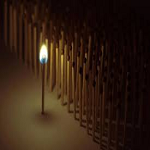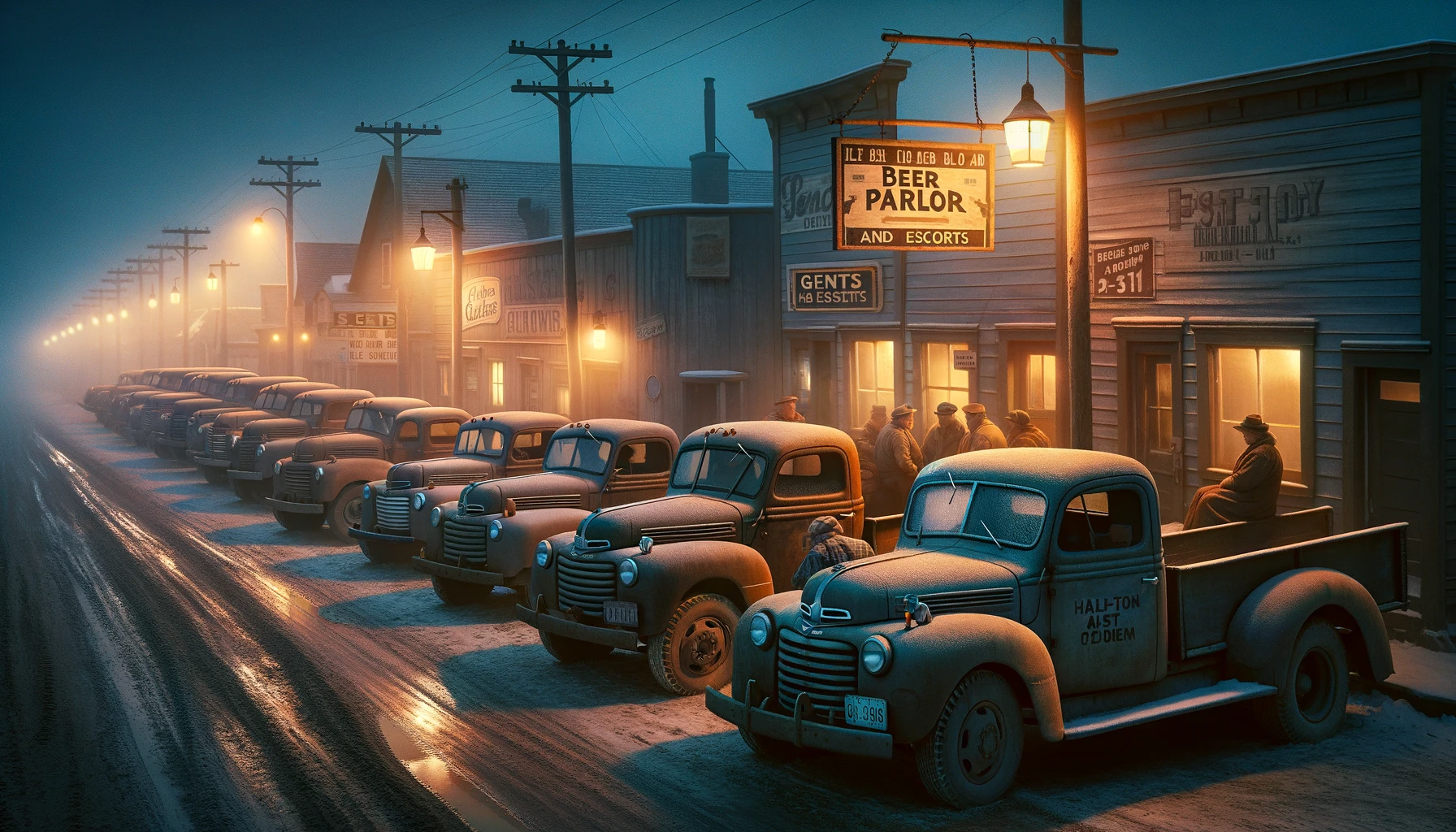Our university graduates are crackerjacks. The best.
Take the four young men who rent our house — sterling Canadians to whom I will pass the flame.
The men, ages 22 to 30, have collectively racked up 75 years of education. They communicate in twenty languages, are well traveled and tidy (meaning they do not billet anything larger than Shetland Ponies in the living room).
About a month ago, urgent e-mails arrived indicating that the furnace in our home was beyond repair. (Edmonton winters can be horrendous and my renters were understandably concerned about the snows that would soon blanket them.)
I flew to Edmonton to supervise the installation of a new gas furnace.
The following evening, I bought the lads pizzas and after these were eaten we repaired to the basement to discuss the furnace.
“Do any of you scholars know what a pilot light is?” I asked.
None did.
The scholar, with a degree in engineering, shivered and repeated that the furnace did not work well.
I explained that the pilot light was out, thus there had been no heat from the furnace for many weeks.
The four were baffled on how the house could be warm at all.
I explained we had all sorts of appliances that gave off heat, including their many computers that they had employed to e-mail me of a broken furnace. In addition, the house possessed both walls and a roof. Heat retaining inventions that came into vogue in the year 400 B.C.
The postgraduate city planner said that the pilot light should not have gone out. “In keeping with safety regulations, I insist the entire furnace be replaced.”
I said, “You will recall last year I asked you to keep the furnace room debris free. You have packed the area with dozens of boxes and bags.”
“Imagine that,” one of them said. “No wonder the bloody furnace didn’t throw off heat. The bloody pilot light wasn’t getting air.”
This was not new information.
I had told my scholars the previous year to keep the furnace area free of debris. They had been so caught up cramming for exams (dealing with logic) that they had obviously not processed what I said.
I had also told my scholars that if the debris around the furnace caught fire and everyone in our household was incinerated, I would not be overly concerned.
I would simply collect the insurance and then sell the lot for a handsome profit since it was only a few blocks from the University of Alberta, an ideopolis for Canada’s future leaders.
I left the house a few days later. It was as warm as toast.
I told my scholars that before they turned up the heat further, it might be an idea to remove the open containers of gasoline and dynamite I had just stored in the furnace room.
I’m sure that these future leaders of Canada were cognizant of my parting remarks, even though they all had their noses stuck in textbooks and did not respond at the time.
Not to worry. The flame, with luck, shall pass onto them.



